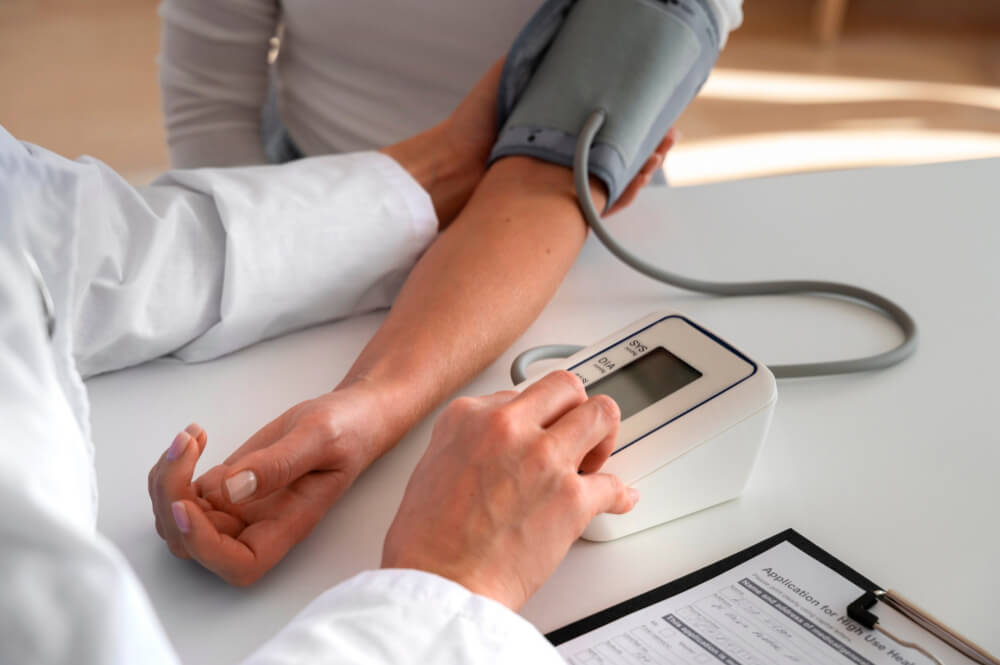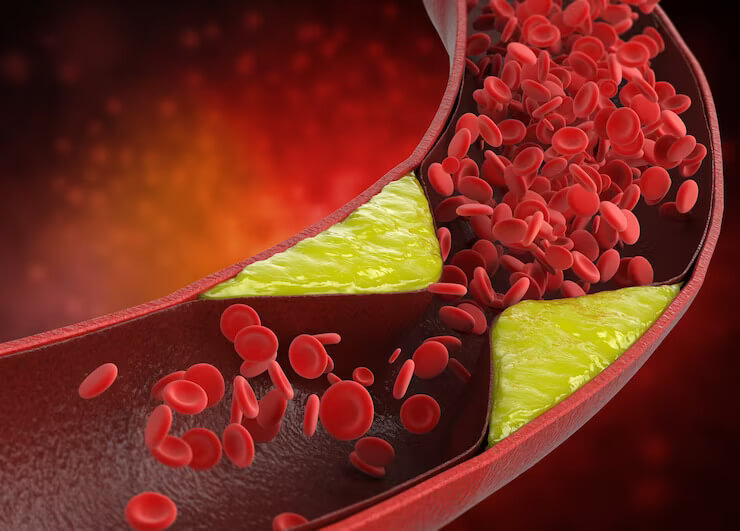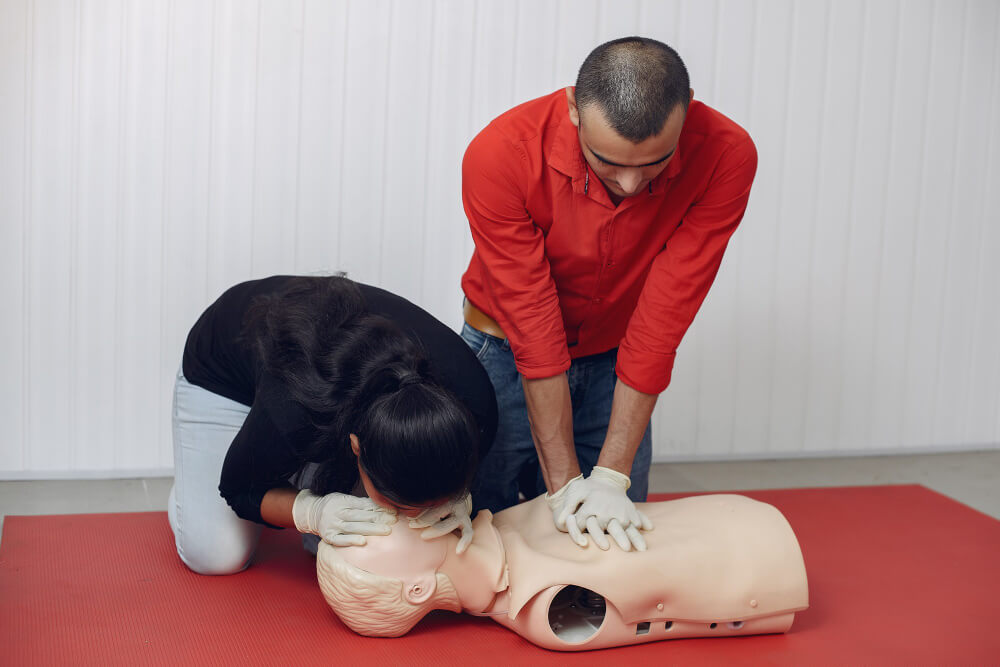In today’s fast-paced world, health issues have become increasingly common. One of the most prevalent conditions affecting millions of people worldwide is high blood pressure (Hypertension). Often referred to as the “silent killer,” high blood pressure can lead to severe health complications if left untreated. In this comprehensive guide, we will explore the causes, symptoms, risk factors, and management strategies for high blood pressure.
What is High Blood Pressure (Hypertension)?
High blood pressure, also known as hypertension, occurs when the force of blood against the walls of arteries is consistently elevated. Blood pressure is measured using two values: systolic pressure and diastolic pressure. The systolic pressure represents the force when the heart beats, while the diastolic pressure is the force when the heart is at rest between beats. A regular blood pressure reading should be around 120/80 mmHg, which is considered normal.
High Blood Pressure Causes and Risk Factors

There are several factors that contribute to the development of high blood pressure, including common causes and risk factors.
- Unhealthy Lifestyle Habits
Leading an inactive lifestyle, consuming a diet high in sodium, saturated fats, and cholesterol, excessive alcohol consumption, and smoking are known to increase the risk of developing high blood pressure. - Family History and Genetics
If you have a family history of high blood pressure, you may be more prone to develop the condition. Genetic factors can influence your body’s regulation of blood pressure. - Age and Gender
As individuals age, the risk of high blood pressure increases. Men are more likely to develop high blood pressure before the age of 55, while women have a higher risk after menopause. - Existing Medical Conditions
The development of high blood pressure can be attributed to certain medical conditions, including kidney disease, diabetes, and sleep apnea.
High Blood Pressure Symptoms and Complications

High blood pressure (Hypertension) is often called the silent killer because it typically does not cause noticeable symptoms in its early stages. However, as the condition progresses, some individuals may experience symptoms like headaches, dizziness, shortness of breath, and chest pain.
If left uncontrolled, high blood pressure can lead to severe complications, including:
- Heart disease
- Stroke
- Kidney problems
- Vision loss
- Sexual dysfunction
- Cognitive decline
Diagnosis and Monitoring
To diagnose high blood pressure, a healthcare professional will measure your blood pressure using a blood pressure cuff and a stethoscope or an automated device. They will take multiple readings on different occasions to confirm the diagnosis.
Once diagnosed, regular monitoring of your blood pressure is crucial. This can be done at home using a home blood pressure monitor or through regular check-ups with your healthcare provider.
High Blood Pressure Treatment and Management
Managing high blood pressure involves adopting a comprehensive approach that may include lifestyle changes, medication, and regular monitoring. Here are some key strategies for managing high blood pressure:
Lifestyle Modifications
- Maintain a healthy weight through regular exercise and a balanced diet rich in fruits, vegetables, whole grains, and lean proteins.
- Limit sodium intake by avoiding processed foods and opting for fresh ingredients.
- Reduce alcohol consumption and quit smoking.
- Enhance stress management by engaging in relaxation techniques such as meditation or yoga.
Medication
If lifestyle changes alone are insufficient, your healthcare provider may prescribe medication to control your blood pressure. It is essential to take the prescribed medications as directed and regularly follow up with your doctor.
Regular Monitoring and Follow-up
Regular blood pressure monitoring and follow-up appointments with your healthcare provider are crucial to ensure your blood pressure remains within a healthy range.
Conclusion
High blood pressure (Hypertension) is a significant health concern affecting millions worldwide. By understanding its causes, risk factors, symptoms, and complications, you can take proactive steps to manage and control this silent killer. Remember, a healthy lifestyle, regular monitoring, and proper medical care are essential for maintaining optimal blood pressure levels and reducing the risk of related complications.
FAQs (Frequently Asked Questions)
Q1: Can high blood pressure be cured?
A: While high blood pressure cannot be cured, it can be effectively managed through lifestyle changes and medication. Consistent monitoring and adherence to treatment plans are crucial for maintaining healthy blood pressure levels.
Q2: Are there any natural remedies to lower high blood pressure?
A: While lifestyle modifications are essential, some natural remedies, such as incorporating physical activity, maintaining a healthy weight, reducing sodium intake, and managing stress, can contribute to lowering high blood pressure.
Q3: Can high blood pressure be prevented?
A: While some risk factors for high blood pressure, such as age and family history, cannot be changed, adopting a healthy lifestyle and managing other medical conditions can help prevent or delay the onset of high blood pressure.
Q4: How often should I check my blood pressure?
A: It is recommended to check your blood pressure regularly, especially if you have been diagnosed with high blood pressure. Your healthcare provider can guide you on the appropriate frequency based on your specific situation.
Q5: Can high blood pressure only affect older individuals?
A: No, high blood pressure can affect individuals of all ages. While the risk increases with age, unhealthy lifestyle habits and certain medical conditions can lead to high blood pressure in younger individuals as well.
Also read: Heart Failure Symptoms: Understanding the Signs and Seeking Treatment



